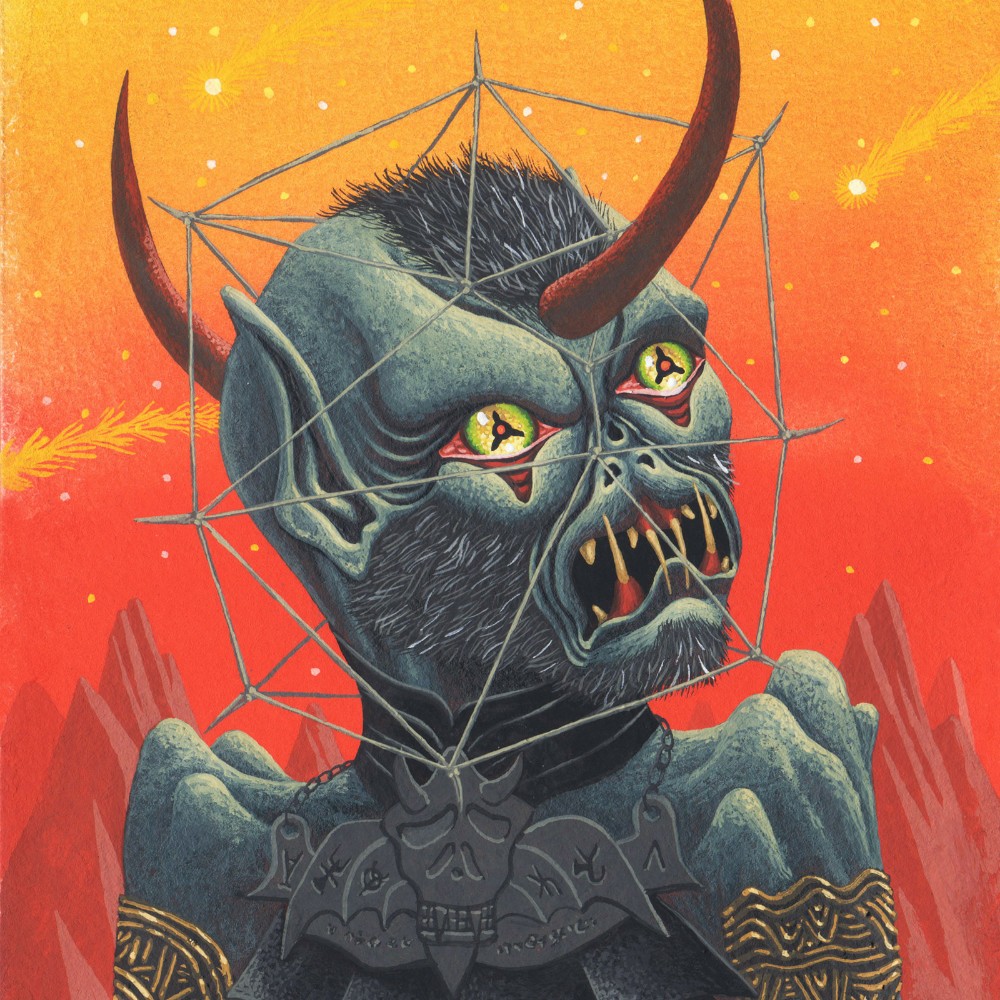
ESOCTRILIHUM – Eternity Of Shaog
- by ER
- Posted on 16-06-2020
And rightly so for Asthâghul incorporated more gothic a’la Paradise Lost to compliment his black/death framework. The short opener, "Orthal" already teases with the richness of melody and instrumentation, but the excellent "Exh-Enî Söph (1st Passage: Exiled From Sanity)", invites further communion, strongly recalling Theatre Of Tragedy’s "Aegis". Esoctrilihum amazes with both atmospherics and Dimmu Borgir-ian black married to Nile-ish death with plenty of melody and balance, while the closer "Monotony of a Putrid Life In The Eternal Nothingness" recalls Hypocrisy from "The Final Chapter" and the eponymous.
A few tracks have excellent vibes but could be better, such as the heavily Paradise Lost-ic "Aylowenn Aela (3rd Passage: The Undying Citadel)" with fantastic vocal-violin interplay or the weird "Amenthlys (5th Passage: Through the Yth-Whtu Seal)" reminiscent of early Solefald and Therion. The length is also an issue, 62 minutes of extreme metal with plenty of material to cut, such as the unnecessary near-instrumental Shtg (4th Passage – Frozen Soul) or the extremely monotonous Namhera (7th Passage: Blasphemy of Ephereàs).
Esoctrilihum is getting better and more interesting though not necessarily shorter. To its strength is diversity and the more gothic influences as well as the best production so far achieved without ruining to excellent cavernous atmosphere. Finally, the compositions are not nearly as overwhelming as on, say, "Inhüma". All this contributes to an inviting experience which I recommend.
https://facebook.com/Esoctrilihum-305266723253656/
